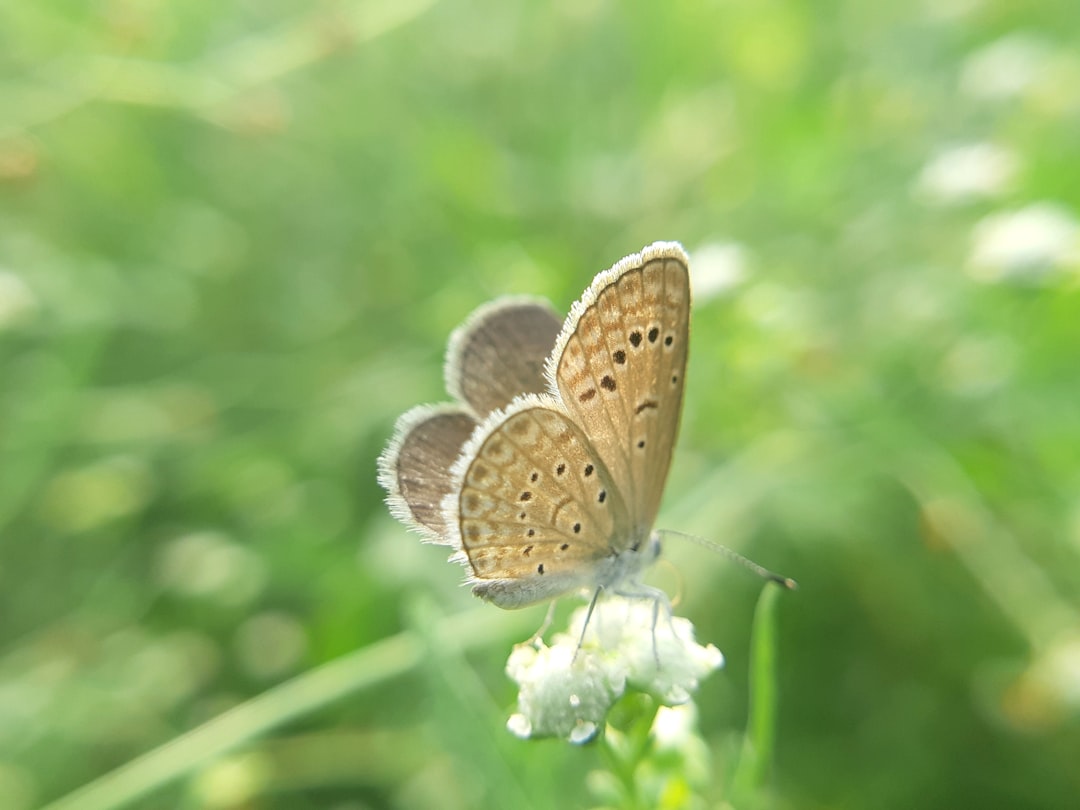When you hear birds singing in the morning, see trees swaying in the wind, or observe a bee landing on a flower, you’re witnessing something far greater than individual acts of nature—you're seeing the intricate dance of life that forms our planet’s ecosystems. This interconnectedness is what ecology seeks to understand and protect.
In today’s rapidly changing world, grasping the principles of ecology isn’t just for scientists—it’s essential for everyone. From city dwellers to rural farmers, we are all part of the natural web of life. Let’s explore what ecology is, why ecosystems matter, and how we can each contribute to a more balanced and resilient planet.
🌍 What Is Ecology?
Ecology is the branch of biology that studies how living organisms—plants, animals, fungi, and microorganisms—interact with each other and with their environment. These interactions form ecosystems, which range in size from a single pond to an entire rainforest.
At its heart, ecology is about connections: between species, between habitats, and between the natural world and human society.
🌿 Understanding Ecosystems
An ecosystem is a community of living organisms (biotic factors) interacting with non-living elements (abiotic factors) like air, water, soil, and sunlight. Ecosystems come in many forms:
-
Forests – Lush biodiversity hotbeds that regulate climate and water cycles.
-
Oceans – Covering over 70% of Earth, oceans house vast food chains and stabilize our atmosphere.
-
Grasslands – Home to migratory herds and key pollinators.
-
Wetlands – Natural water filters and storm buffers.
-
Urban Ecosystems – Even cities have ecological systems, with birds, insects, trees, and humans coexisting.
Each ecosystem has producers (plants), consumers (animals), decomposers (fungi, bacteria), and countless interwoven relationships.
🔁 The Balance of Nature
Nature is all about balance. When one part of an ecosystem is disrupted—say, a top predator is removed or pollution alters water quality—it can lead to cascading effects throughout the system. This is known as a trophic cascade.
For example:
-
Removing wolves from Yellowstone led to an overpopulation of deer, which overgrazed and degraded the landscape.
-
Excess fertilizers in rivers can cause algal blooms, killing fish and upsetting entire aquatic ecosystems.
Maintaining ecological balance ensures that ecosystems continue to provide what we call ecosystem services—clean air, fresh water, fertile soil, pollination, and climate regulation.
🐾 Human Impact on Ecosystems
Humans are a powerful part of the ecological web, but we haven’t always acted with care:
-
Deforestation destroys habitats and contributes to climate change.
-
Pollution poisons air, water, and soil.
-
Overfishing and poaching push species to extinction.
-
Urban sprawl fragments natural habitats.
-
Climate change alters weather patterns, migration, and growing seasons.
But the story isn’t all bleak. Around the world, people are working to restore ecosystems, protect endangered species, and rethink development in ways that honor nature.
🌱 Promoting Ecological Balance: What Can We Do?
1. Protect Biodiversity
Support conservation efforts, preserve native species, and avoid introducing invasive ones.
2. Reduce, Reuse, Recycle
Minimize waste and reduce the demand for resource extraction.
3. Conserve Water and Energy
Use resources wisely to reduce environmental strain.
4. Support Sustainable Agriculture
Choose food that is grown using practices that protect soil, water, and wildlife.
5. Plant Trees and Native Plants
They provide habitat, clean air, and stabilize soil.
6. Educate and Advocate
Share ecological knowledge and support policies that prioritize environmental health.
7. Restore Local Habitats
Participate in rewilding, native planting, or community cleanups to revitalize damaged ecosystems.
🌐 Ecology in Action Around the World
-
Costa Rica: Protected rainforests and eco-tourism have turned conservation into an economic model.
-
Kenya: Community-led wildlife conservancies support both biodiversity and local livelihoods.
-
Germany: Rewilding projects have reintroduced lynxes and restored wildflower meadows.
-
India: Sacred groves are preserved as spiritual and ecological treasures.
-
New Zealand: Efforts to remove invasive predators aim to save endemic birds and restore native forests.
Ecology is not a one-size-fits-all science—it’s shaped by climate, culture, and local ecosystems. But the goal is universal: to live in harmony with the natural world.
🧬 Final Thoughts: We Are All Part of the Web
Understanding ecology helps us realize that no action—big or small—is isolated. Every product we buy, every plant we grow, every ecosystem we protect is a thread in the web of life.
The more we study and respect this web, the better stewards we become. In the words of naturalist John Muir, “When we try to pick out anything by itself, we find it hitched to everything else in the universe.”
So let’s protect the connections that sustain us. Let’s promote balance. Let’s live as part of the world—not apart from it.

Comments
No comments yet. Be the first to comment!
You must be logged in to comment. Login